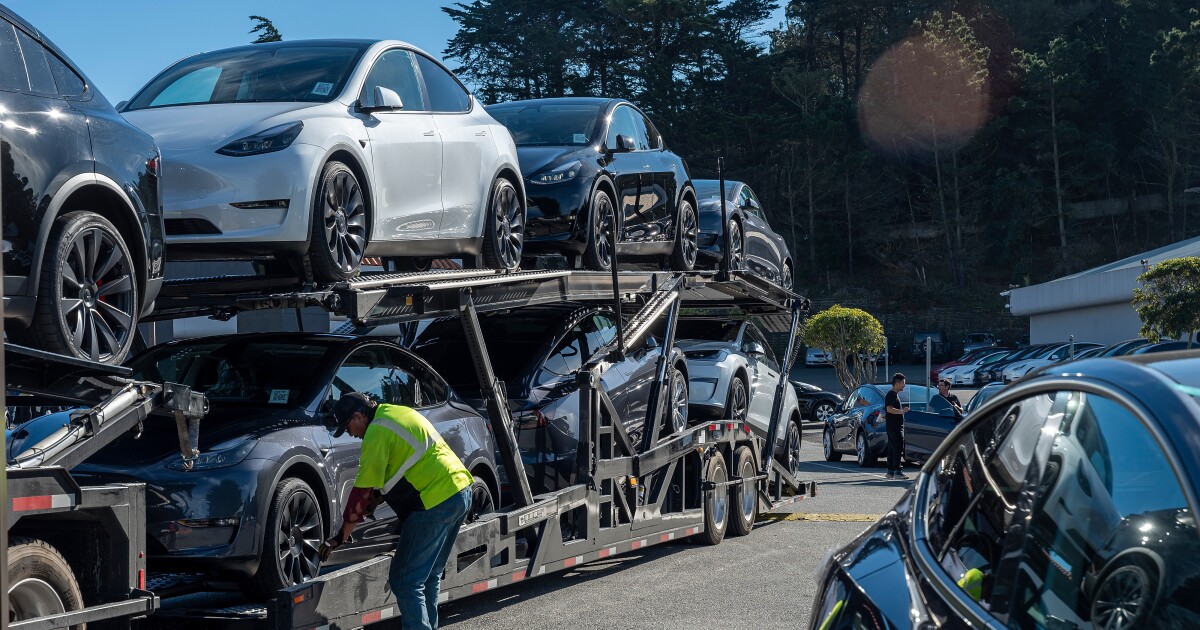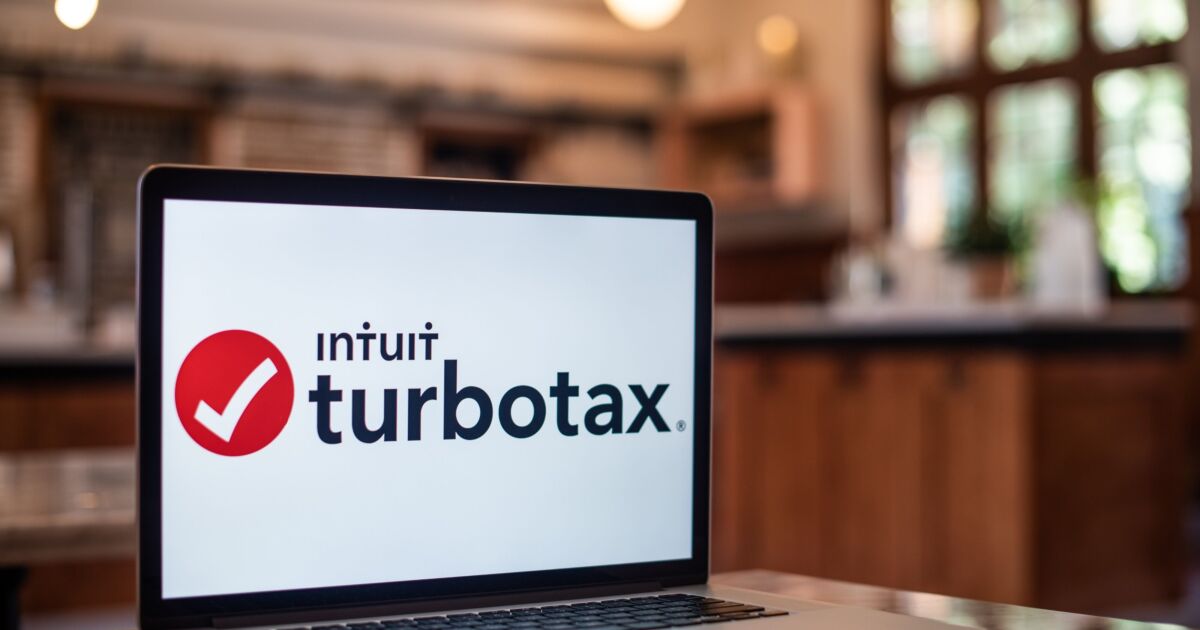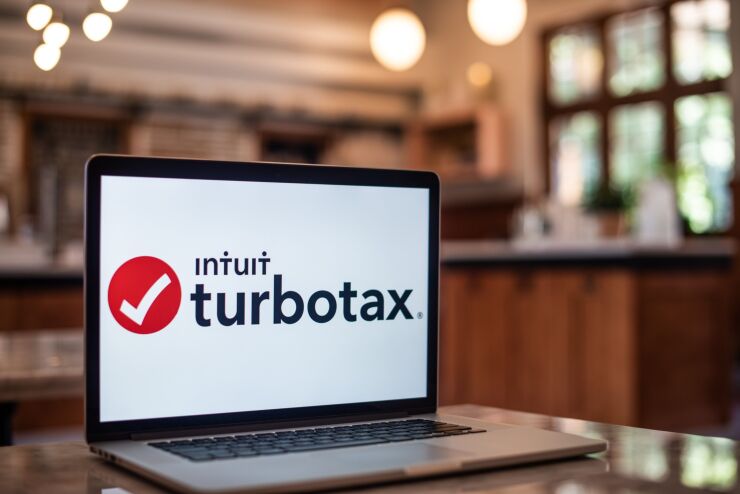Accounting
IRS, Treasury finalize rules on clean energy tax credit transfers
Published
3 weeks agoon

The Internal Revenue Service and the Treasury Department released
The rules aim to increase investment in clean energy technologies by making tax incentives transferable between project developers and investors. The Inflation Reduction Act created two new credit delivery mechanisms — elective pay (otherwise known as “direct pay”) and transferability — that allow state, local and tribal governments; nonprofit organizations; Puerto Rico and other U.S. territories; and other businesses to leverage clean energy tax credits. Until the Inflation Reduction Act introduced these new credit delivery mechanisms, governments, many types of tax-exempt organizations, and many businesses couldn’t fully utilize tax credits like those that incentivize clean energy construction. The 2022 law has spurred development of energy tax credit exchanges. Some of the incentives were already available to businesses under the CHIPS and Science Act of 2022.
“The Inflation Reduction Act’s new tools to access clean energy tax credits are a catalyst for meeting President Biden’s historic economic and climate goals,” said Treasury Secretary Janet Yellen in a statement. “They are acting as a force multiplier, enabling companies to realize far greater value from incentives to deploy new clean power and manufacture clean energy components. More clean energy projects are being built quickly and affordably, and more communities are benefitting from the growth of the clean energy economy.”

Ting Shen/Bloomberg
The Inflation Reduction Act and the Creating Helpful Incentives to Produce Semiconductors (CHIPS) Act allow taxpayers to take advantage of some of manufacturing investment, clean energy investment and production tax credits through elective pay or transfer provisions. For tax years starting after Dec. 31, 2022, eligible taxpayers can opt to transfer all or part of eligible credits to unrelated taxpayers for cash payments.
The unrelated taxpayers are then permitted to claim the transferred credits on their tax returns. The cash payments aren’t included in gross income of the eligible taxpayers and aren’t deductible by the unrelated taxpayers.
The final regs also include special rules related to excessive credit transfers and recapture events, including rules for determining whether an event has occurred, the resulting tax impact and the person responsible for that tax impact.
The final regulations also provide rules for a mandatory IRS pre-filing registration process through an electronic portal. The pre-filing registration process needs to be completed, and a registration number received, before making an election to transfer eligible credits. In addition, the final regulations describe specific rules for partnerships and S corporations as eligible taxpayers and transferee taxpayers.
The Inflation Reduction Act’s transferability provisions allow businesses to transfer all or part any of 11 clean energy credits to a third-party in exchange for tax-free immediate funds, so businesses can take advantage of tax incentives if they don’t have sufficient tax liability to fully utilize the credits themselves. Entities without sufficient tax liability were previously unable to realize the full value of credits, which raised costs and created challenges for financing projects.
The Inflation Reduction Act also allows tax-exempt and governmental entities to receive elective payments for 12 clean energy tax credits, including the major investment and production tax credits, along with tax credits for electric vehicles and charging stations. Businesses can also choose elective pay for a five-year period for three of those credits: the credits for advanced manufacturing (45X), carbon oxide sequestration (45Q), and clean hydrogen (45V).
To help taxpayers with transferring a clean energy credit or receiving a direct payment of an energy credit or CHIPS credit, the IRS built IRS Energy Credits Online (ECO) for taxpayers to complete the pre-file registration process and receive a registration number. The registration number needs to be included on the taxpayer’s annual return when making a transfer election or elective payment election for a clean energy credit. The registration process helps deter improper payments to fraudsters and gives the IRS basic information so any taxpayer that qualifies for these credit monetization mechanisms can access these benefits when filing a return and making an election.
Previously, the IRS issued
As of April 19, over 900 entities have requested around 59,000 registration numbers for projects or facilities located across all 50 states plus territories. Approximately 97% of these projects are pursuing transferability. A wide variety of credits are being used, but most of the transferability-related registrations are related to solar and wind projects using the investment or production tax credit. More than 1,300 projects or facilities submitted are pursuing the elective pay mechanism, including submissions from more than 75 state and local governments to register approximately 650 clean buses and vehicles through elective pay.
The value of the tax credits for such projects isn’t determined during the pre-filing registration process but instead is determined after an entity files their tax return.
The number of registration number requests so far does not include cases where an entity has not yet formally requested a registration number, including those who may have work saved in progress in IRS ECO. Registration numbers, which accelerate return processing and help prevent improper payments, are being issued on a rolling basis. The IRS has already issued approximately 40,000 registration numbers.
Crux, a sustainable finance technology company that has been
The IRS confirmed in the final regulations that there are no restrictions on the ability of project owners to obtain loans — either from a tax credit buyer or a third party lender — secured by a tax credit sale agreement. The IRS reiterated that companies must get a pre-filing registration number in order to complete a tax credit transfer. While more than 45,000 projects have already submitted pre-registration filings, some commenters noted specific challenges faced by smaller projects, so technology will be crucial in streamlining this process.
“While a multiyear market for transferable tax credits is already well underway, the final guidance released today gives further clarity on this key tool for financing clean energy and manufacturing here in the U.S.,” said Crux CEO Alfred Johnson in a statement. “With these final rules set, we expect to see the market continue to accelerate rapidly.”
Crux currently works with over 100 partners and has over $8 billion in transferable tax credits listed on its platform.
You may like
Accounting
EV makers win 2-year extension to qualify for tax credits
Published
2 weeks agoon
May 4, 2024

The Biden administration gave carmakers a partial reprieve in finalizing electric-vehicle tax credit rules intended to loosen China’s grip on battery materials crucial to the car industry’s future.
Starting in 2025, plug-in cars containing critical minerals from businesses controlled by U.S. geopolitical foes, including China, will be ineligible for up to $7,500 tax credits, the Treasury Department said Friday. Automakers will get an extra two years, however, to shore up sourcing of graphite and other materials considered difficult to trace to their origin.
The rules put finishing touches on President Joe Biden’s push to develop an alternative to China’s preeminent EV and battery supply chains. The administration is imposing stringent sourcing requirements for raw materials and components in order for electric cars to qualify for the tax credits that are a powerful draw for consumers otherwise put off by
“These actions provide a strong signal to automakers that we want to see EVs built here in America with components and critical minerals sourced from the U.S. and our allies and partners,” White House Climate adviser John Podesta said.
The two-year exemption speaks to the challenges automakers have had reducing their reliance on Chinese suppliers of materials such as
The Biden administration’s rules don’t allow tax breaks for vehicles with batteries containing critical minerals from foreign entities of concern, a term referring to businesses controlled by US geopolitical foes such as China, North Korea, Russia and Iran. Those requirements take effect in 2025, as proposed.
But Biden has given auto and battery manufacturers some flexibility on this front, too.
Automakers will now have until 2027 to curb the use of certain difficult-to-trace materials from FEOCs, provided that they submit plans to comply after the two-year transition and it’s approved by the government, the Treasury Department said.
“FEOC exemptions for any battery materials should be temporary,” said Abigail Hunter, the executive director of the Center for Critical Minerals Strategy at SAFE, a Washington think tank. “We need a clear exit strategy, lest we continue our dependencies on adversaries and further undermine the competitiveness of U.S. and allied critical minerals projects.”
The rules release concludes two years of work on requirements that already have reduced the number of EVs eligible for tax credits. About 20 models qualify today, compared to as many as 70 previously. Treasury Department officials said Friday they expect the number of qualifying vehicles to continue to fluctuate as companies adjust their supply chains.
Automakers including Tesla Inc., General Motors Co. and Toyota Motor Corp. have lobbied for additional flexibility to meet requirements. A lobby group representing automakers based outside the US praised the additional two years provided for the difficult-to-trace materials.
“It will take time for the global production and sourcing of graphite and other critical minerals needed to produce EVs to match the strict standards required by automakers,” Autos Drive America President Jennifer Safavian said in a statement.
Accounting
Oregon senator Ron Wyden demands refunds for TurboTax customers over glitch
Published
2 weeks agoon
May 4, 2024
Senate Finance Committee Chairman Ron Wyden, D-Oregon, demanded
The glitch,
“Fixing this error will require identifying all affected Oregonians, notifying them, and ensuring they can be made whole,” said the senator. “In part because of TurboTax’s various guarantees and market share, Oregonians who overpaid due to TurboTax’s error likely assumed the software opted them into claiming state standard deduction to minimize their taxes. That assumption was wrong. And because the vast majority of taxpayers understandably dread filing season and avoid thinking about taxes after it ends, many of those affected will not learn on their own that they overpaid. Intuit must act to inform them and help them get the full tax refunds they are entitled to receive.”

Tiffany Hagler-Geard/Bloomberg
An Intuit spokesperson said the company is currently working to resolve the issue, referencing their tax return lifetime guarantee.
“As part of our
The senator has also asked Intuit for an explanation of how this glitch happened in the first place, as well as an approximate timeline for the steps it took once it became aware of it. He has also asked for a count of precisely how many people were affected, as well as Intuit’s plans for both addressing this problem and what the company will do to prevent it in the future.


RSM US named its first enterprise client experience leader; the Financial Accounting Foundation is looking for nominees for its Financial Accounting Standards Advisory Council; RKL named a new office managing partner; REDW appointed three new vice presidents; and other firm and personnel news from across the accounting profession.

Betting on the Kentucky Derby? Here’s how to think like a professional handicapper.

Warren Buffett says Greg Abel will make Berkshire Hathaway investing decisions when he’s gone

EV makers win 2-year extension to qualify for tax credits

Are American progressives making themselves sad?

‘Best Firms for Tech’ 2024 deadline extended to April 10

